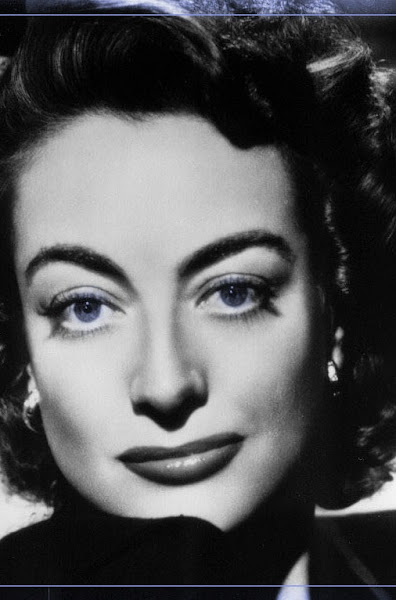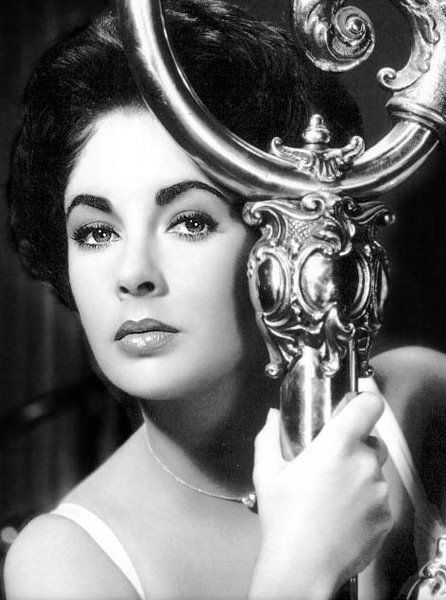
Although the film is set in the 14th or 15th century, "Les Visiteurs du Soir (The Devil's Envoys)" is clearly a symptomatic representation of the Nazi occupation of France in WWII. The final part of the credits shows an old French proverb that will guide the film: "The Devil sent down some men to break men's hearts." I do not think it is terribly difficult to guess who represents whom, so I will leave it at that. It is clear, though, that it was necessary to hide the representation as much as possible although Carné definitely made the film to voice his opinions and to probably let out some anguish. I also think it is interesting that the film contains so many elements of surrealism: the dance scene, the tourney in the pond, the vanishing/appearing characters, etc. I think this only contributes to the somewhat otherworldly presentation of the film.
The scene where Domini plays the lute is actually quite powerful (my favorite, actually) - the dancing slows to a halt and everyone in the room is frozen. This allows Domini and Giles to play with Ann and Renaud, separating them and toying with "love." Starting with the scene at the party, viewers begin to realize the male/female power structures of the film, which I think influence the film in some way or another:
Domini > Giles
Domini > Renaud
Renaud > Ann
Ann > The Devil
The Devil > Domini, Giles, and Renaud
It is interesting to consider, and it definitely gets convoluted. Ann seems to be the most powerless through the whole film, but her disregard of the Devil's presence is important, and her ability to defy him is one of the greatest powers in the film. On the other hand, Domini seems to be the most powerful throughout the film, and a great deal of that power seems to come through her legs. I am uncertain if this is some kind of objectification she uses to her advantage, but they draw the attention of Renaud and they are significant to look at when she makes her transformations between her "male" self and female self. It is perhaps this binary male/female self that offers her all of her great powers.
Perhaps the greatest scene of the film is at the end, where Ann tells the Devil she will become his slave if he lets Giles free. Once her lover has been liberated, she lies to the Devil and departs, claiming to not be his slave. I believe this action is the springboard for a moral that drives this part of the film, that old adage: "All's fair in love and war." In the name of love, she has committed this action she most certainly would not have otherwise. Meanwhile, for his revenge, the Devil turns Ann and Giles to stone forever as they cling to one another. In the name of war, he has conquered them for tricking him. For the end of a film based in no small part on the occupation of Nazi Germany in France, it leaves a bitter, resigned fate for viewers.
September 29, 2008
Random Musing: Les Visiteurs du Soir (The Devil's Envoys)
Labels:
random musings
Subscribe to:
Post Comments (Atom)

.jpg)

.jpg)
.jpg)

No comments:
Post a Comment